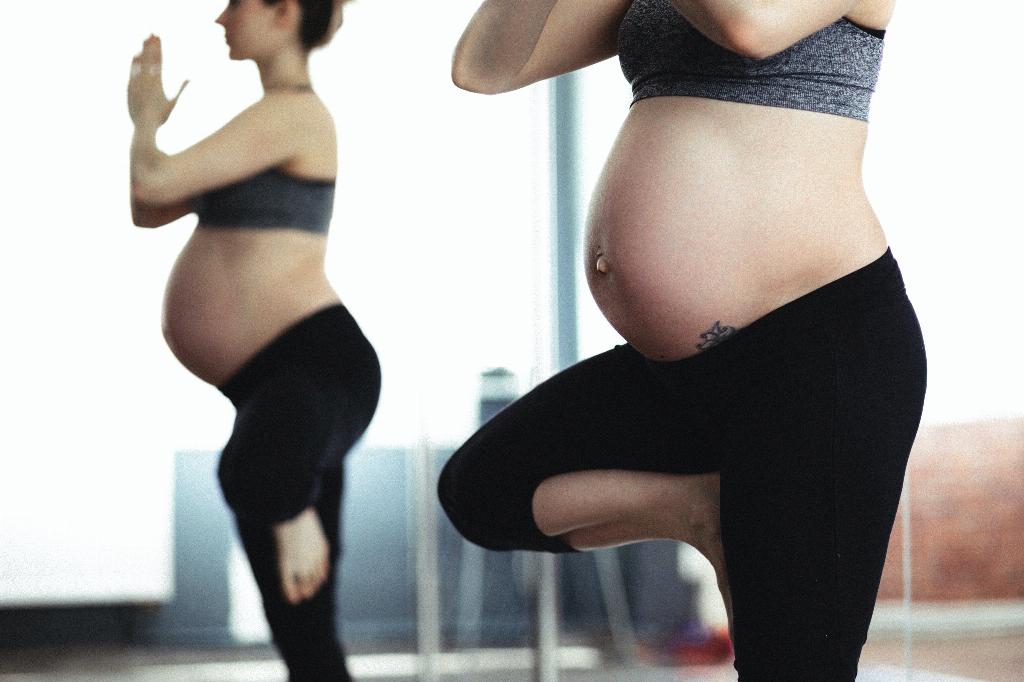When it comes to determining pregnancy, accuracy is paramount. If you’re considering using a First Response Pregnancy Test, you may be wondering just how reliable these tests are in detecting early signs of pregnancy. According to the information provided, these tests boast an impressive accuracy rate of over 99% at detecting typical pregnancy hormone levels.
It’s important to note that while the accuracy of First Response Pregnancy Tests is high, detecting pregnancy hormone levels can still vary from person to person. Factors such as individual hormone levels and the timing of the test can influence the results you receive. This variability underscores the importance of following the instructions carefully and waiting for the recommended amount of time before interpreting the results.
When using a First Response Pregnancy Test, it’s crucial to understand how the test works. These tests detect the presence of human chorionic gonadotropin (hCG), a hormone produced during pregnancy. By detecting hCG in urine, the test can confirm whether you are pregnant or not. The high accuracy rate of over 99% means that these tests are reliable tools for early pregnancy detection.
Accuracy in pregnancy testing is not only about the technology used but also about how and when the test is performed. To maximize the accuracy of your results with a First Response Pregnancy Test, it’s essential to use the test on the appropriate day of your menstrual cycle and to follow the instructions provided in the packaging meticulously. Failure to do so can potentially affect the reliability of the results.
One of the advantages of First Response Pregnancy Tests is their ability to detect pregnancy early in the timeline of conception. These tests can provide accurate results as early as 6 days before your missed period. This early detection capability can offer peace of mind to individuals who are eager to find out if they are pregnant as soon as possible.
However, while early detection is a significant benefit of First Response Pregnancy Tests, it’s essential to remember that the accuracy of the results can improve the closer you are to the expected start of your menstrual cycle. Testing too early may result in a false negative, leading to potential confusion or disappointment. Waiting until closer to your missed period can help ensure the most reliable results.
Accuracy in pregnancy testing is not solely determined by the brand of the test but also by the individual factors at play in each person’s body. The reliability of a First Response Pregnancy Test depends on various elements, including the sensitivity of the test, the timing of the test, and the presence of other medical conditions that may affect hormone levels.
While a First Response Pregnancy Test can offer accurate results in the majority of cases, it’s important to remember that no test is foolproof. Factors such as improper usage, expired tests, or underlying health conditions can potentially impact the accuracy of the results. If you receive unexpected results or are unsure about the outcome, consulting with a healthcare provider is always a prudent step.
Overall, First Response Pregnancy Tests are well-regarded for their high accuracy rates and early detection capabilities. By following the instructions carefully, choosing the right timing for testing, and being mindful of individual factors that may influence the results, you can enhance the reliability of your pregnancy test experience and gain valuable insights into your personal journey toward parenthood.

